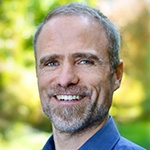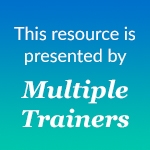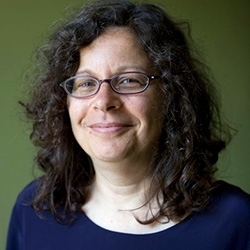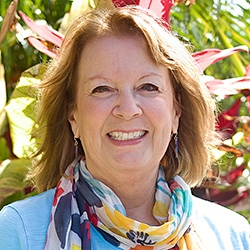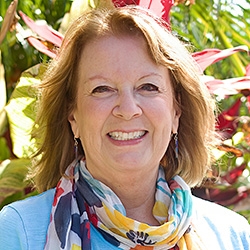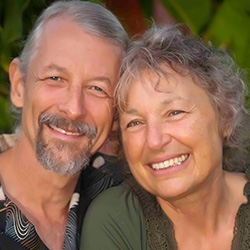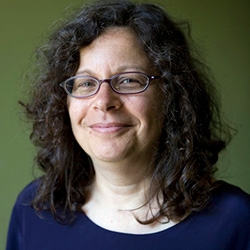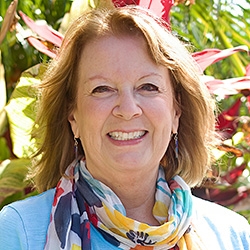

Search Results: interdependence
-
The word "privilege" signifies the benefit to the person having it, and the relationship between that person’s benefit and others' lack of benefit. When privileged, there are incentives to not see this interdependent link. For instance, it's easier for the wealthy to think of the poverty of many and the wealth of some are unrelated. If the wealthy want to keep wealth they would need to continue with approaches rooted in this separation.
-
Interactive dialogue addresses common questions for new NVC facilitators and trainers.
-
Ask the Trainer: "Fairness" isn't on the needs list. What needs might be underneath it?
-
Miki Kashtan reveals how choice is always available, no matter the situation or circumstances.
-
Miki speaks to peace activists about connecting with the life vision in those who stimulate pain.
-
Inbal Kashtan reflects on poverty and how empathy can help build a peaceful, inclusive world.
-
Ask the Trainer: Get guidance on working with enemy images and exercises that bring relief.
-
Using his own life experience, Eric explores why we need support from others, what support might look like, and what blocks us from asking for support for our relationships.
-
Listen to this newly remastered audio with seasoned Life Coach and CNVC Certified Trainers Martha Lasley and Dian Killian, to explore how you can "be the change" in your life, to live fully in integrity with your values in your work, community, faith and social action groups.
-
Do you find yourself giving in with growing resentment? Do you avoid conflict and explode later without apparent reason? Miki Kashtan, a world-renowned CNVC Certified Trainer, invites you to listen to this two-session telecourse recording to re-imagine and fine tune your skills at dealing with disagreements and negotiations.
-
Trainer Tip: Have you ever noticed how often we back up when we find ourselves in a conflict? Or how much we try to pull away when someone is angry or in emotional pain?
-
Trainer Tip: Anger can be an opportunity to hear the "Please" behind the words and create a path to resolve conflicts compassionately.
-
Join CNVC Certified Trainer Arnina Kashtan as she explores enemy images to increase your capacity to embrace life more fully. Free yourself from the “us-them” paradigm and experience true compassion for the people whose actions most trouble you.
-
Jim and Jori offer practical tools to help us develop patience through a process they call WAIT: Wake up, Accept, Insight, Take a step.
-
Inbal answers a parent's question about praise and offers a perspective on how praise translates into the NVC framework.
-
No one likes demands. Do you want to have access to choice when requests or demands come your way? Join CNVC Certified Trainer Arnina Kashtan as she provides tools to free yourself from the submit/rebel dynamic.
-
Bring your inquisitive mind and open heart to Miki Kashtan's Theoretical Underpinnings of NVC and learn the principles that underlie the NVC practice.
-
Trainer Tip: NVC asks us to be aware of our needs and discomfort is evidence of an unment need. However focusing on ourselves when we're uncomfortable isn't always the best choice.
-
Enjoy listening to Miki make the distinction between leadership as a position and leadership as an orientation to life. The theme: when is it time to actively step into your vision?! Check it out.
-
Rachelle Lamb invites us to consider how our well being is impacted by what we choose to put at the center of our narrative regarding our needs. And how that affects whether or not we get closer to truly serving life and compassion...

Quick Links
Subscription Preferences
Stay In Touch!
Looking for ways to keep up with NVC Academy news, get special offers, free resources, or words of inspiration? Here are five ways to stay engaged:







